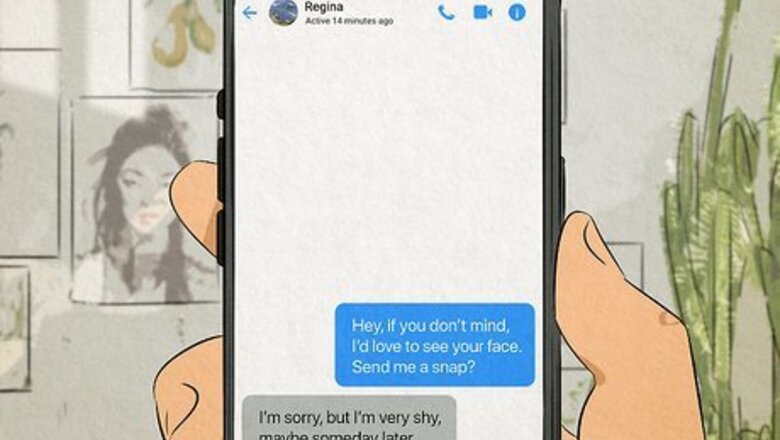
views
- Ask the scammer to send you a picture of themselves performing a specific action, like tugging their ear or holding up today’s newspaper or a spoon.
- Copy and paste a romance scammer’s bio and profile pictures into a search engine to see if they stole them from another user.
- Report the romance scammer to your country’s authorities, like the U.S. Federal Bureau of Investigation and Federal Trade Commission.
Outsmarting a Romance Scammer

Ask the person to send you a current picture of themselves. Romance scammers often use photos that have been stolen from other places on the internet. Ask them to take a selfie while performing a specific action like tugging their ear or holding an object like a newspaper or spoon. Instead of DMing you a picture, a scammer might make up excuses to explain why that isn’t possible. Asking them to take a specific photo works because these images will be hard to fake, especially if they’re using someone else’s images. A legitimate love interest will understand if you ask for proof that they’re a real person.

Invite them to meet you in person. A scammer will try to avoid meeting you in person at all costs. They might say they’re living or traveling outside the country, working in an oil rig or the military, or working with an international organization. They might even set a date, but cancel after they have a tragic inconvenience happen on the same day. In reality, the scammer has no intention of meeting up. All they’re trying to do is string you along and get your money or information.

Send them detailed questions about their life and experiences. Ask the scammer about their childhood, their siblings, their parents, their hobbies, and their job. Try to take the relationship slowly, ask specific questions, and watch for information that doesn’t add up. A scammer might say that they grew up in Miami, Florida, but the elementary school they went to is in San Diego, California. You might catch a scammer if they say they work as a lawyer, but in another conversation, they say they’re a doctor. Sometimes multiple people might work on the same dating scam, so they might not always communicate in the same way—watch to see if the way they text changes.
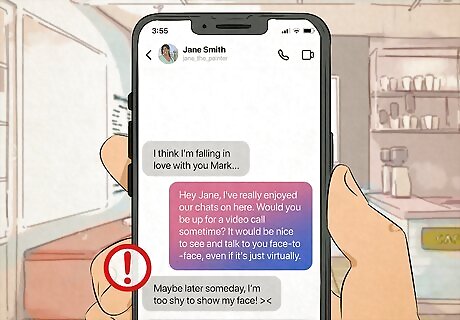
Try to set up a video call with them. A romance scammer will often refuse to video call you because it could reveal their true identity. The scammer might say their camera is broken, they have a bad internet connection, they don’t have time, or they’re too shy. These excuses can be a big clue that this person might not be who they say they are. If the scammer is not willing to have a video chat, meet in person, or have a legitimate phone call, it can be a huge red flag that they aren’t interested in a relationship.

Search online for the type of job the person has and the word “scammer.” Another way to expose a romance scammer is to see if there have been similar schemes. If the person says they work on an oil rig, search for “oil rig scammer.” Other people may have posted similar stories on websites created to expose common internet scams. If a person claims to be highly successful, but you can’t find anything about their professional life on the internet, they’re probably fake.
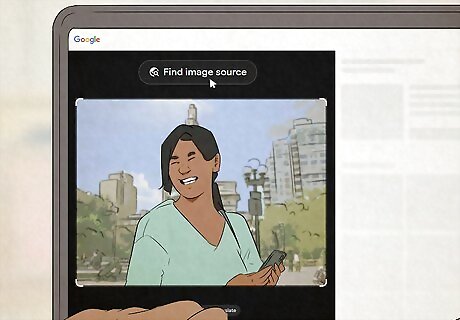
Copy and paste their profile and pictures into a search engine. People who are really looking for love will use their own pictures, information, and career on a dating or social media site. Scammers might copy and paste their info from other profiles because they’re trying to throw something together quickly. Reverse image search the person’s profile picture by copying their photos and pasting them into https://images.google.com/. If the photo shows up somewhere else with a different name attached to it, the scammer may have stolen it.
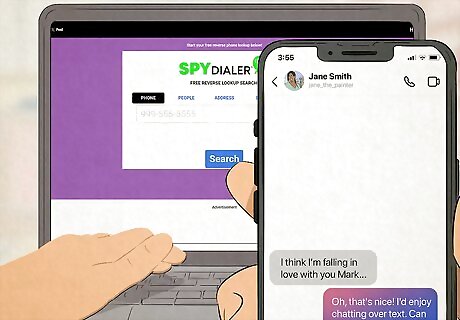
Ask for their phone number. A scammer might avoid giving you their phone number and give you a number for a texting app, like WhatsApp or Google Voice, instead. Search their number online to see if it appears anywhere else. Free websites like Spy Dialer or WhoCallsMe allow you to enter a phone number and check where the area code is from or who the number is registered to. Some scammers might even give you an artificial number and hire an actor to talk to you on the phone. In this case, a reverse number search may not work.
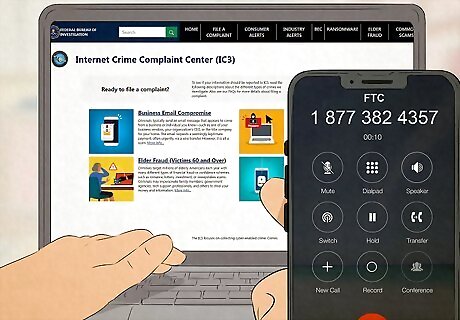
Report them to the authorities. Scammers often believe that they’re smarter than you and that they’ll win you over with their promises of love and affection. So, the best way to mess with a romance scammer is to turn them in right away so they don’t scam anyone else. Report any scammers to: The Federal Bureau of Investigation The Federal Trade Commission The dating or social media site you met them on
Common Romance Scams

Romance scammers build up your trust over time. Scams might vary case-by-case, but often a scammer will rush into a relationship, talk about marriage, and talk about a beautiful future together. However, they’ll never meet you in person or talk on the phone or by video. Romance scammers set up a fake profile on a dating or social media platform and either use it to contact potential targets or wait to be contacted by other users. Scammers might suggest moving the relationship to a more private channel like email, an app like WhatsApp, or over text, and forge an emotional relationship with you. To build your trust, the scammer will usually have an elaborate life story that they slowly share, which might include a successful career, past failed relationships, hobbies, and interests.
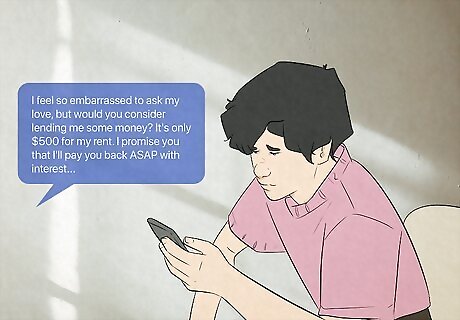
After they gain your trust, the scammer will ask you for help. Romance scammers adjust their stories to what they think will work in each situation, but usually, they come up with a tragic emergency to get you to send them money immediately. Here are some of the most common romance schemes: A scammer might claim that they or someone close to them is sick, hurt, or in jail, and say that they need money to cover the costs. They might claim to be a successful cryptocurrency investor who can teach you how to become one, but any money you give them goes straight into their wallet. They might say they want to fly to meet you, but because they don’t have the money for a plane ticket, they might ask you to buy it for them. They might ask you to accept items on their behalf, like computers, smartphones, or money, which are usually stolen goods that make the victim a participant in a money laundering crime. They might ask you to send them money through cryptocurrency, a bank wire transfer, a payment app or service, or gift cards. Scammers might make the target believe that they need to get married to you to get an inheritance and ask you to help pay for their airfare. They might say they’ve shipped you a valuable package that requires you to send money for customs or some other made-up fee, but the package never turns up.
How to Avoid and Protect Yourself from Romance Scams

Look for the most common warning signs. Romance scammers often follow the same common scams, showering you with attention and affection to make you feel special quickly, but never making a move to meet in person. Other signs a person might not be genuine might include: The profile seems unrealistic, like having professional high-quality photos with unusually attractive people or listing a high-paying, prestigious job. They use social media platforms to contact you, and you’ve never talked to them on the phone or in text messages connected to a phone number. They always want to talk like they’re not doing anything all day because their main job is scamming others. Their social media profile was created recently, they have few likes or comments on their posts, and their “friends” all come from different foreign countries. They claim to have a job that keeps them far away or traveling often, like being in the military or working on an oil rig. They claim to have a level of education or be of a nationality that doesn’t match their language ability. For example, someone might say they have a law degree from a U.S. university but use poor English grammar or spelling.

Refuse to send money to anyone you haven’t met in person. If a person you met on social media or a dating site asks for money, never agree to do so, even if they tell you they’ve been in an accident or a tragic incident. A real person looking for love will never ask someone they’ve never met for money. The scammer might get angry if you don’t do what they ask and threaten to cut off the relationship. Try to remember that this relationship isn’t real—all this person wants from you is your money or information.

Avoid giving out your intimate pictures or personal information. Try to avoid giving out any personal information, such as your home address, bank account information, or anything else that can allow the scammer to steal your identity. Some scammers might convince you to send an intimate picture, then blackmail you and ask you for your personal information in exchange for the photos. Even if the other person wants to use your bank information to send you money, you may be getting involved in a money laundering scheme, which is a criminal offense.
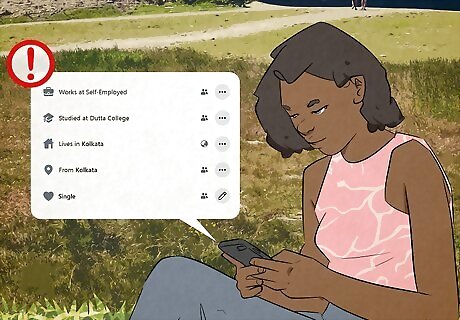
Review what you share publicly online. Scammers might do extensive research, digging through your social media sites and dating posts for information about your life and personality that they can use to manipulate you into believing you have a real connection with them. To protect yourself from dating scams, set any public accounts or posts as private. Consider limiting what you share online, like where you live, where you work, or what your hobbies and interests are.

Cut off all contact with potential romance scammers. You may be tempted to stay in touch with them, especially if you gave them money or got swept up in their romantic gestures. However, the only way to keep your heart and your wallet safe is to eliminate this person from your life immediately. Even if you give a scammer money, they will continue asking for more money or ask for personal information they can use for identity fraud and financial takeover schemes.

Ask your friends or family members their opinion. Try to avoid keeping your online relationship a secret—it can be easier for others to spot an online dating scam. If someone you love and trust expresses concern about your new relationship, try to hear them out and honestly assess if their worries are valid. Romance scammers might try to convince you to keep them a secret from your loved ones or try to isolate you from your family or friends.
What to Do if You’ve Been Scammed
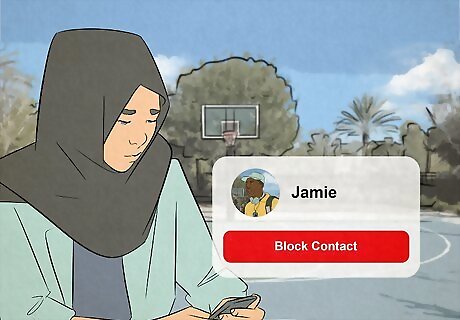
Stop communicating with the scammer. If you realize that you’ve been played by a romance scammer, break off all contact immediately. Try to remember that they’re not a successful or attractive person who loved you, but a scammer who tried to take advantage of you. Block all their attempts to reach you through email, text, or phone, and try to resist any temptation to physically locate and confront the scammer. Reach out to those you trust, especially if the scammer made you feel like you couldn’t. The support of your friends and family is more important than ever right now.
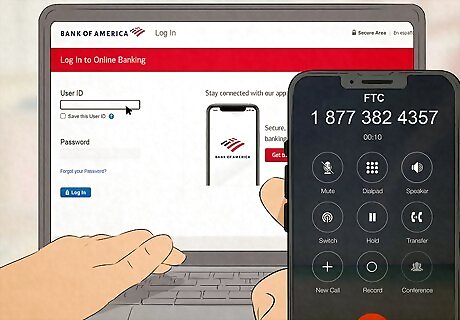
Contact the authorities and your bank if you sent a scammer money. Report the romance scammer to your country’s authorities, like the FTC or the FBI’s Internet Crime Complaint Center in the United States. Notify your bank if you sent the scammer money ask them for a refund. Turn over everything, including copies of your correspondence, to law enforcement officials and allow them to investigate the case. In addition, notify the site or app where the scammer created their fake profile.



















Comments
0 comment